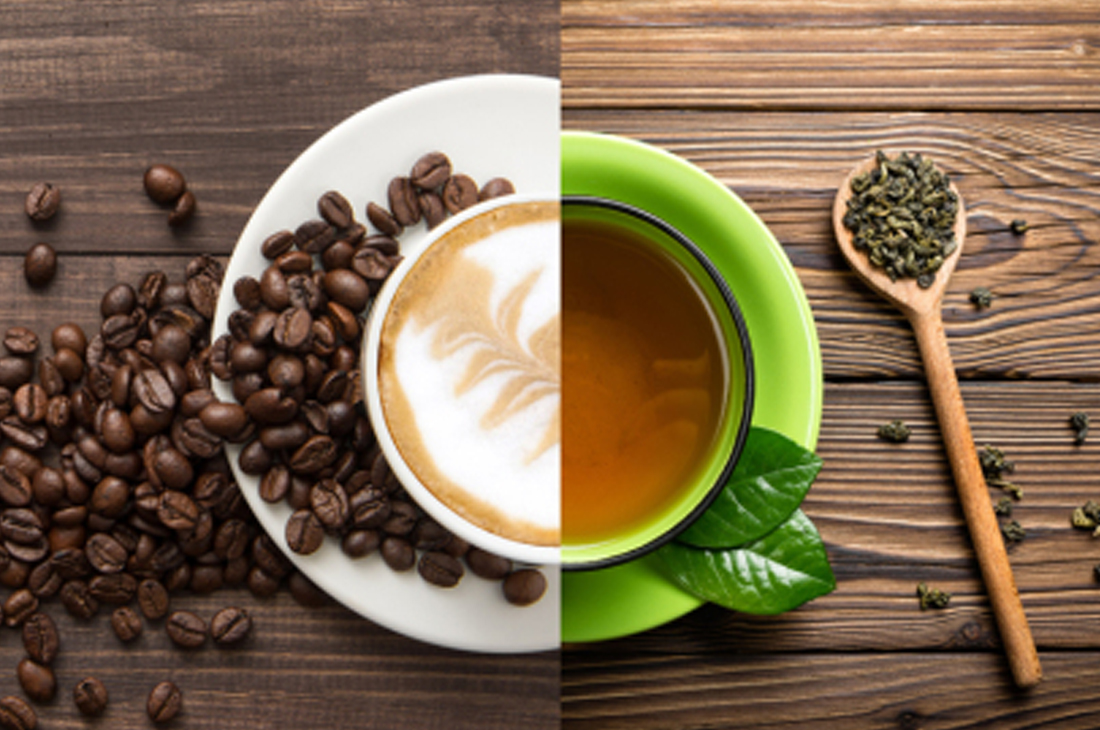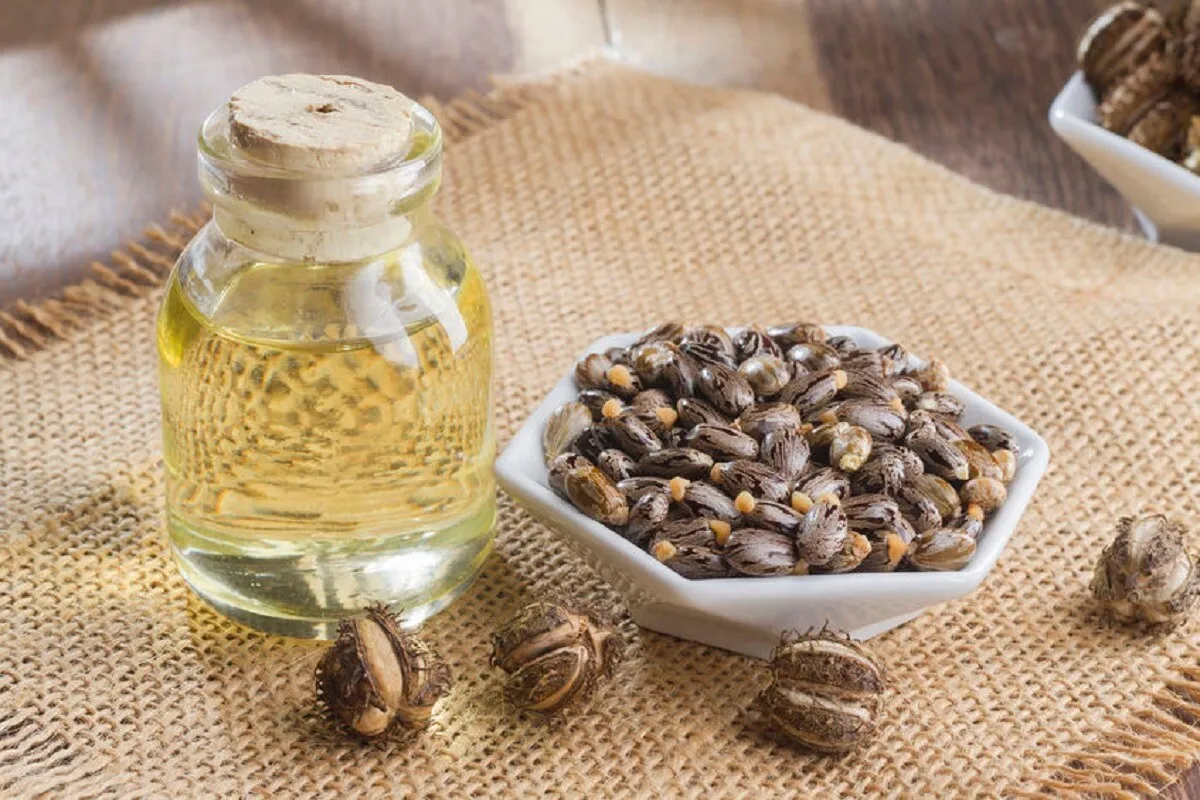For many of us, a warm cup of tea or coffee is an essential part of our daily routine. Beyond their comforting aroma and energizing effects, research suggests that both beverages may offer significant heart health benefits. But how do they impact the cardiovascular system? Can your morning brew support a stronger heart? Let’s dive into the science behind tea, coffee, and heart health.
Both tea and coffee can be heart-friendly when consumed wisely. They contain antioxidants, polyphenols, and bioactive compounds that support cardiovascular health. However, quantity, quality, and preparation play a big role in their effects.
Coffee & Heart Health
Benefits:
- Reduces Risk of Heart Disease – Studies show moderate coffee intake (2–3 cups/day) may lower heart disease and stroke risk.
- Rich in Antioxidants – Polyphenols and chlorogenic acid help reduce oxidative stress and inflammation.
- Supports Blood Vessel Function – Coffee improves endothelial function, keeping arteries flexible.
- May Lower Risk of Heart Failure – Some research suggests moderate coffee consumption is linked to a lower chance of heart failure.

Alert:
- Excess Caffeine Can Increase Heart Rate & BP – Overconsumption (more than 4–5 cups/day) can raise blood pressure, especially in sensitive individuals.
- Unhealthy Additives – Sugar, syrups, and creamers can counteract the heart benefits.
- Acidity & Palpitations – Some people experience acid reflux or heart palpitations from too much coffee.
Best Way to Drink Coffee for Heart Health:
- Limit to 2–3 cups per day
- Drink it black or with minimal sugar/milk
- Avoid energy drinks or highly processed coffee blends
Tea & Heart Health
Benefits:
- Lowers Blood Pressure & Cholesterol – Green and black tea help reduce LDL (bad cholesterol) and improve circulation.
- Rich in Flavonoids – These antioxidants reduce inflammation and support heart function.
- May Reduce Stroke Risk – Studies suggest regular tea drinkers have a lower risk of stroke.
- Supports Relaxation – Herbal teas like hibiscus can lower blood pressure, while chamomile helps with stress reduction.
Alert:
Too Much Black Tea = Kidney Stones – Due to oxalates, excessive black tea may contribute to kidney stone formation.
Watch for Added Sugar – Sweetened iced teas or bubble teas can be high in sugar.
Interference with Medications – Some herbal teas (like licorice root) may interact with heart medications.
Best Tea Options for Heart Health:
- Green tea (for cholesterol & blood pressure)
- Hibiscus tea (for lowering blood pressure naturally)
- Black tea (for heart-protective flavonoids)
- Oolong tea (for cholesterol balance)
Tea vs. Coffee: Which Is Better for Heart Health?

Both tea and coffee offer heart-protective benefits, but the right choice depends on individual health conditions and preferences:
| Factor | Coffee | Tea |
|---|---|---|
| Caffeine Content | Higher (95mg per cup) | Lower (30–50mg per cup) |
| Blood Pressure | May cause a temporary spike | Helps lower blood pressure |
| Antioxidants | Polyphenols, chlorogenic acid | Flavonoids, catechins |
| Best For | Energy boost, brain function | Relaxation, Circulation |
Both tea and coffee can support heart health when consumed in moderation and in their purest form (without too much sugar or additives). If you have high blood pressure, tea (especially hibiscus or green tea) might be a better choice than coffee.
If you need mental alertness with heart benefits, go for black coffee or matcha.
Disclaimer
The Content is not intended to be a substitute for professional medical advice, diagnosis, or treatment. Always seek the advice of your physician or other qualified health provider with any questions you may have regarding a medical condition.
Publisher: Source link






